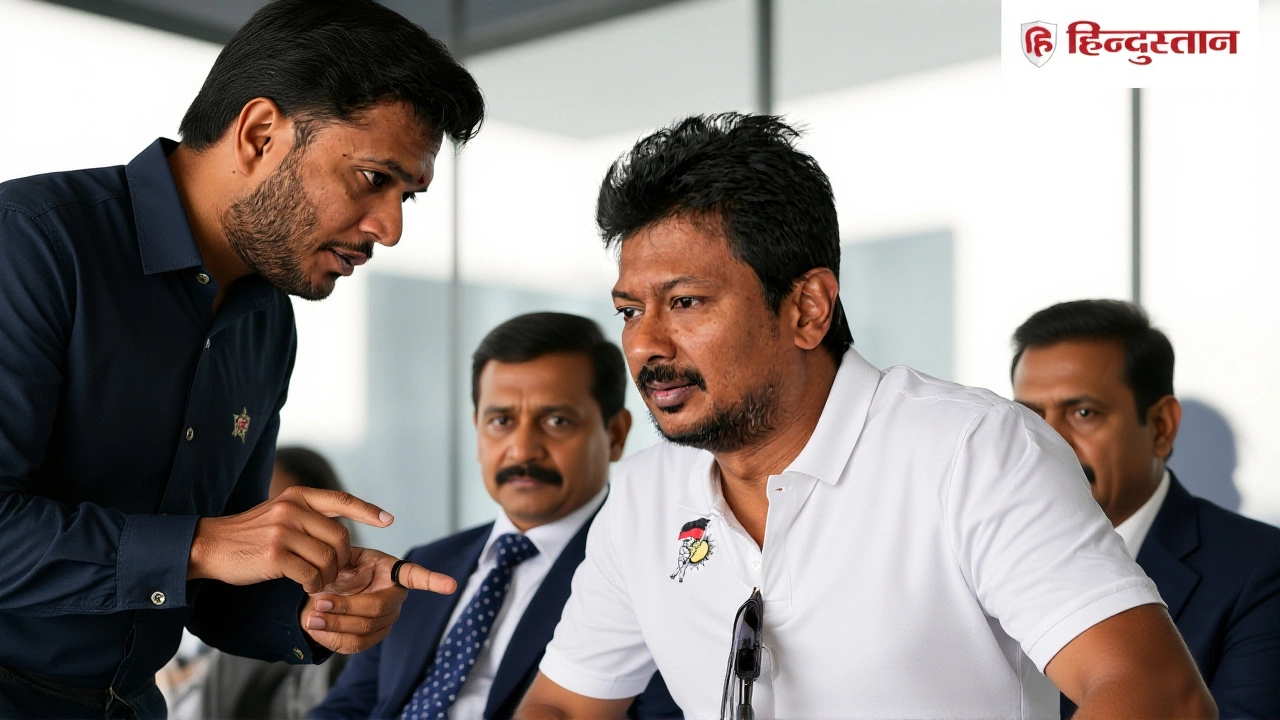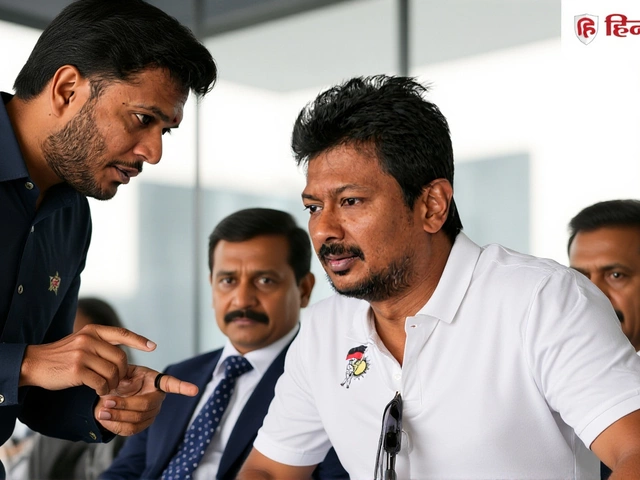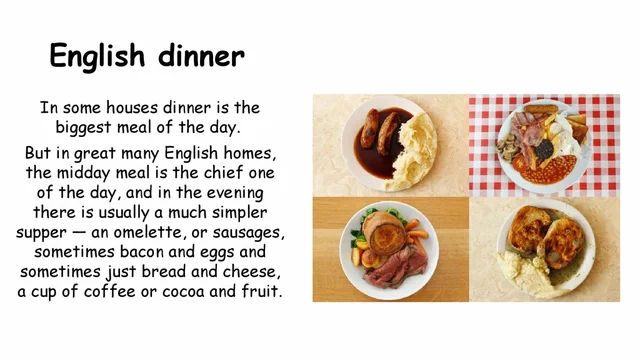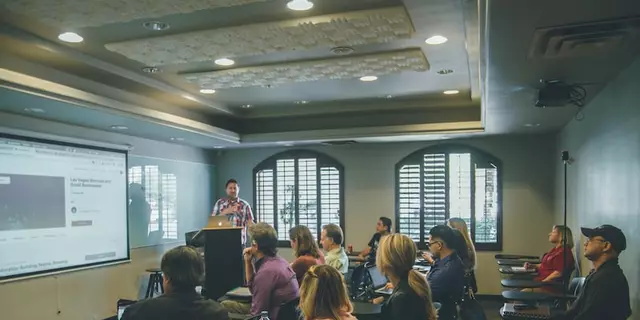When Udhayanidhi Stalin, Deputy Chief Minister of Tamil Nadu, called Sanskrit a "dead language" during a book launch in Chennai on November 22, 2024, he didn’t just ignite a political firestorm—he lit a fuse under India’s deepest cultural fault lines. Speaking at an event organized by the Tamil Development Department, Stalin pointed to what he called a glaring imbalance: just ₹150 crore allocated to Tamil language promotion versus ₹2,400 crore for Sanskrit. "When you’re eager to learn Tamil, why are you teaching children Hindi and Sanskrit?" he asked, directly challenging Prime Minister Narendra Modi’s government. The remark, delivered in Tamil as "mrit bhasha," was meant to spotlight what he sees as systemic neglect of Tamil’s heritage. But it landed like a grenade in the heart of India’s linguistic nationalism.
The Funding Numbers Behind the Fire
Stalin’s figures weren’t pulled from thin air. According to Union Ministry of Education data from 2023-24, the Central Government allocated ₹2,400 crore to the Central Institute of Classical Tamil and other Sanskrit institutions—primarily funding 17 Sanskrit universities, 12 research centers, and 225 Sanskrit schools nationwide. Meanwhile, Tamil received ₹150 crore through the Central Institute of Classical Languages, which also supports other classical languages like Telugu and Kannada. But here’s the twist: the Sanskrit budget includes massive infrastructure costs—building campuses in Varanasi, Mysuru, and Puri—while Tamil’s funding is mostly for digitization, publishing, and teacher training. The BJP argues the disparity reflects scale, not bias. "Sanskrit isn’t just a language," said K. Annamalai, former Tamil Nadu BJP president. "It’s the root of 90% of India’s classical literature, legal texts, and spiritual traditions. You don’t fund a language—you fund a civilization."
BJP’s Backlash: Culture Under Attack
The reaction was swift and scathing. Gaurav Bhatia, BJP national spokesperson, called Stalin’s comment "a deliberate insult to Hindus and their faith." He cited the Supreme Court’s 2023 reprimand of DMK leaders for similar remarks, referencing Stalin’s 2023 comparison of Sanatan Dharma to "dengue and malaria." "This isn’t politics," Bhatia said. "It’s cultural vandalism." Tarun Chugh, BJP National Secretary, accused the INDIA bloc of making "anti-culture fashion statements." Even Tamilisai Soundararajan, former Governor of Telangana and once a top BJP leader in Tamil Nadu, weighed in: "My mother tongue is Tamil. I’ve seen how it absorbed Sanskrit words without losing its soul. To call Sanskrit dead? That’s not just wrong—it’s ignorant."
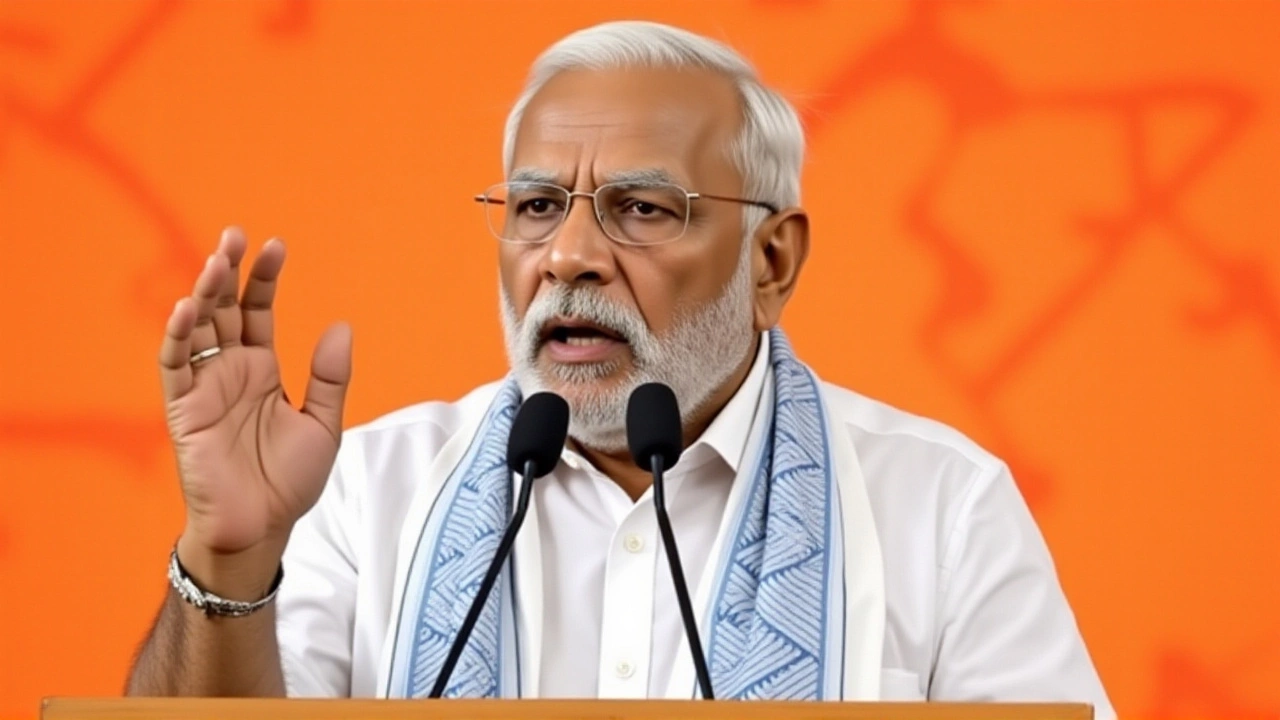
Why This Isn’t Just About Language
This isn’t the first time language has been a battleground in India. The 1965 anti-Hindi agitations in Tamil Nadu led to violent protests and the eventual abandonment of Hindi as a mandatory national language. Since then, Tamil has been fiercely protected as a symbol of Dravidian identity. But now, the conflict has shifted. The BJP’s push for Sanskrit isn’t about replacing Tamil—it’s about elevating a language that binds North and South through Vedic chants, Ayurveda, and classical poetry. "Tamil doesn’t need Sanskrit to be great," said Dr. Priya Ramanathan, linguist at the University of Madras. "But denying Sanskrit’s role in shaping Indian thought is like denying the ocean shaped the coastline."
A Pattern of Provocation?
Stalin, 43, has built a reputation for sharp, provocative statements. In early 2024, he accused the Modi government of "Hindi imposition" through education policies. In September 2023, his Sanatan Dharma comment drew nationwide condemnation and legal notices. Critics say these aren’t offhand remarks—they’re calculated political theater aimed at energizing the DMK’s base ahead of the 2026 state elections. But supporters argue he’s simply calling out a real imbalance. "If you’re spending 16 times more on one language than another," said Tamil poet and activist R. Senthil, "you’re not promoting culture—you’re privileging it."
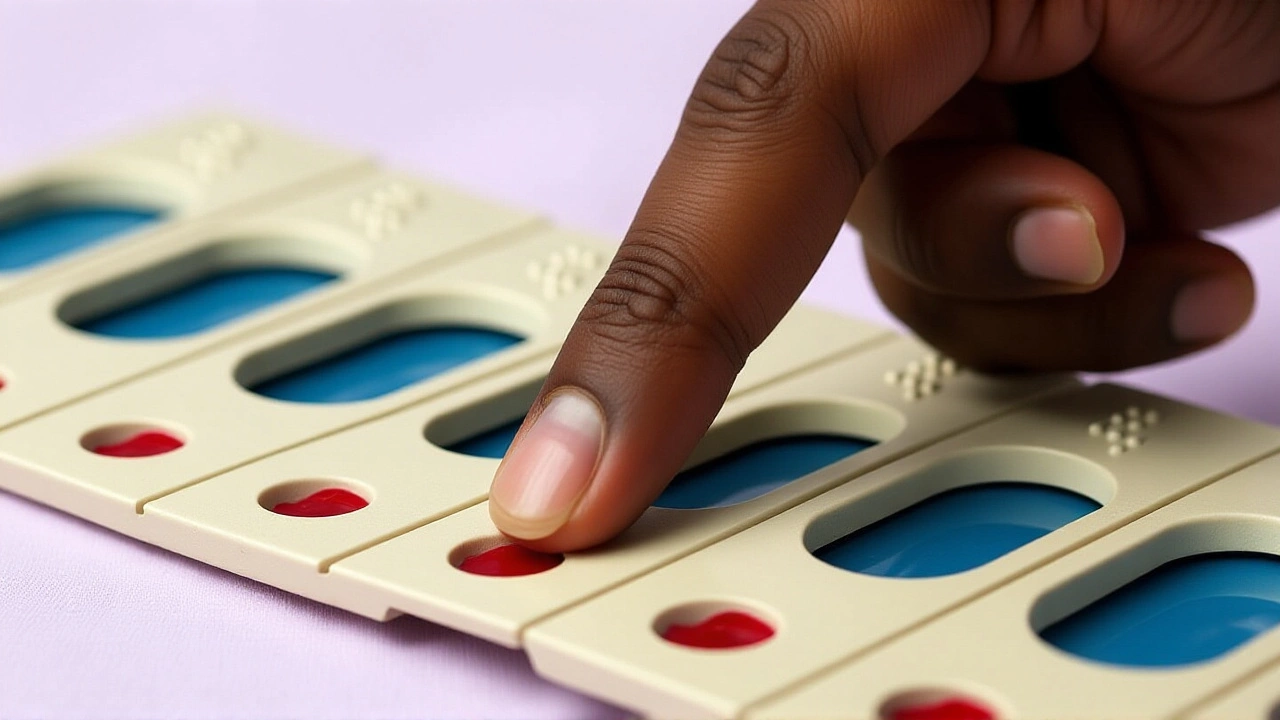
What Happens Next?
The Central Government has remained silent, but sources say the Ministry of Education is preparing a detailed breakdown of funding allocations for all eight classical languages. Meanwhile, the BJP is gearing up for a nationwide campaign titled "Sanskrit Is Alive," featuring viral videos of schoolchildren chanting Vedic hymns and elderly scholars reciting ancient texts. The DMK, for its part, is expected to release a white paper on Tamil’s global influence—citing UNESCO recognition and 80 million speakers worldwide. As both parties prepare for the next electoral cycle, this isn’t just about books or budgets. It’s about who gets to define India’s soul.
Frequently Asked Questions
Why is Sanskrit getting more funding than Tamil if Tamil has more speakers?
Sanskrit’s funding supports 17 universities, 225 schools, and extensive research into Vedic texts, Ayurveda, and classical philosophy—infrastructure Tamil’s budget doesn’t cover. Tamil’s ₹150 crore goes to digitization, publishing, and teacher training. The allocation isn’t based on speaker count but on institutional scale and preservation needs.
Is Sanskrit really a dead language?
No—over 20,000 people speak Sanskrit as a first language in India, and it’s used daily in religious rituals, classical music, and scholarly discourse. It’s not a spoken vernacular like Tamil, but it’s vibrantly alive in liturgical, academic, and cultural contexts. Calling it "dead" ignores its active role in modern Indian life.
How has Tamil influenced Sanskrit, and vice versa?
Tamil absorbed thousands of Sanskrit words over centuries—especially in religion, law, and philosophy—but also preserved its Dravidian grammar. In return, Sanskrit texts from South India, like the Tamil Vedas and works by Adi Shankara, shaped classical Indian thought. The two languages co-evolved; neither is superior, but both are foundational.
Why did the Supreme Court reprimand DMK leaders before?
In 2023, the Supreme Court warned DMK leaders against making inflammatory remarks about Sanatan Dharma, calling them "harmful to social harmony." The court emphasized that while criticism of policies is protected, denigrating religious traditions crosses into incitement. Stalin’s 2023 "dengue and malaria" comment was specifically cited in that ruling.
Could this affect India’s language policy?
Possibly. The controversy has reignited calls for a transparent, equitable funding formula for all eight classical languages. Experts suggest a cap on institutional spending and a new grant system based on usage, preservation needs, and public access—rather than political symbolism.
What’s at stake for Tamil Nadu’s upcoming elections?
The DMK is banking on Tamil pride to retain its base, while the BJP is using this as proof of "cultural aggression" to rally Hindu voters. With state elections in 2026, this issue could become a litmus test: will voters reward cultural assertiveness—or see it as divisiveness?
